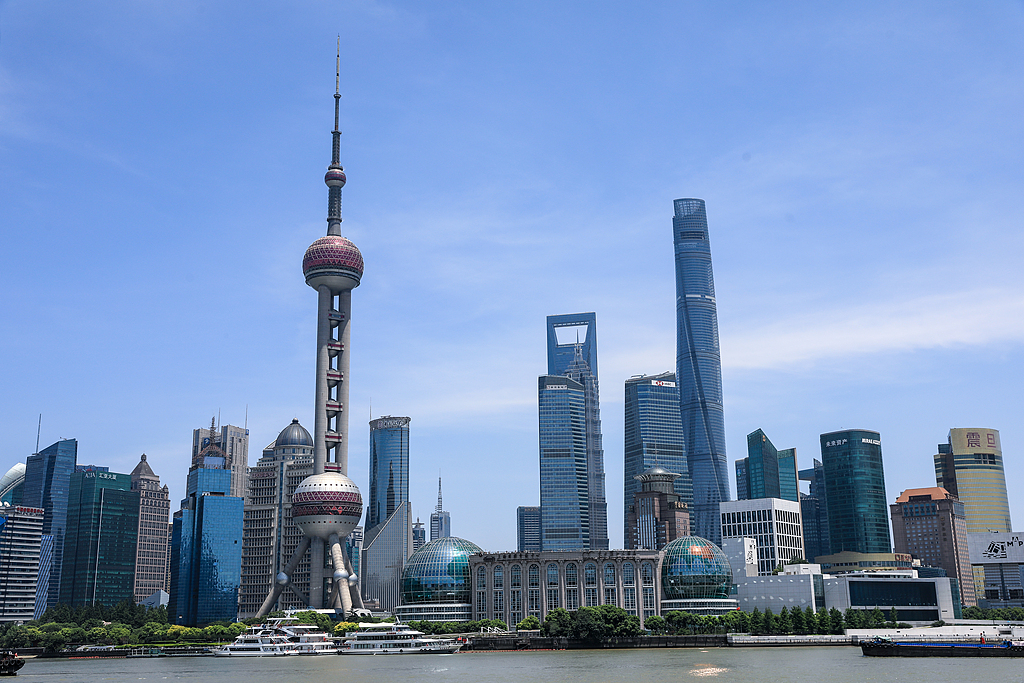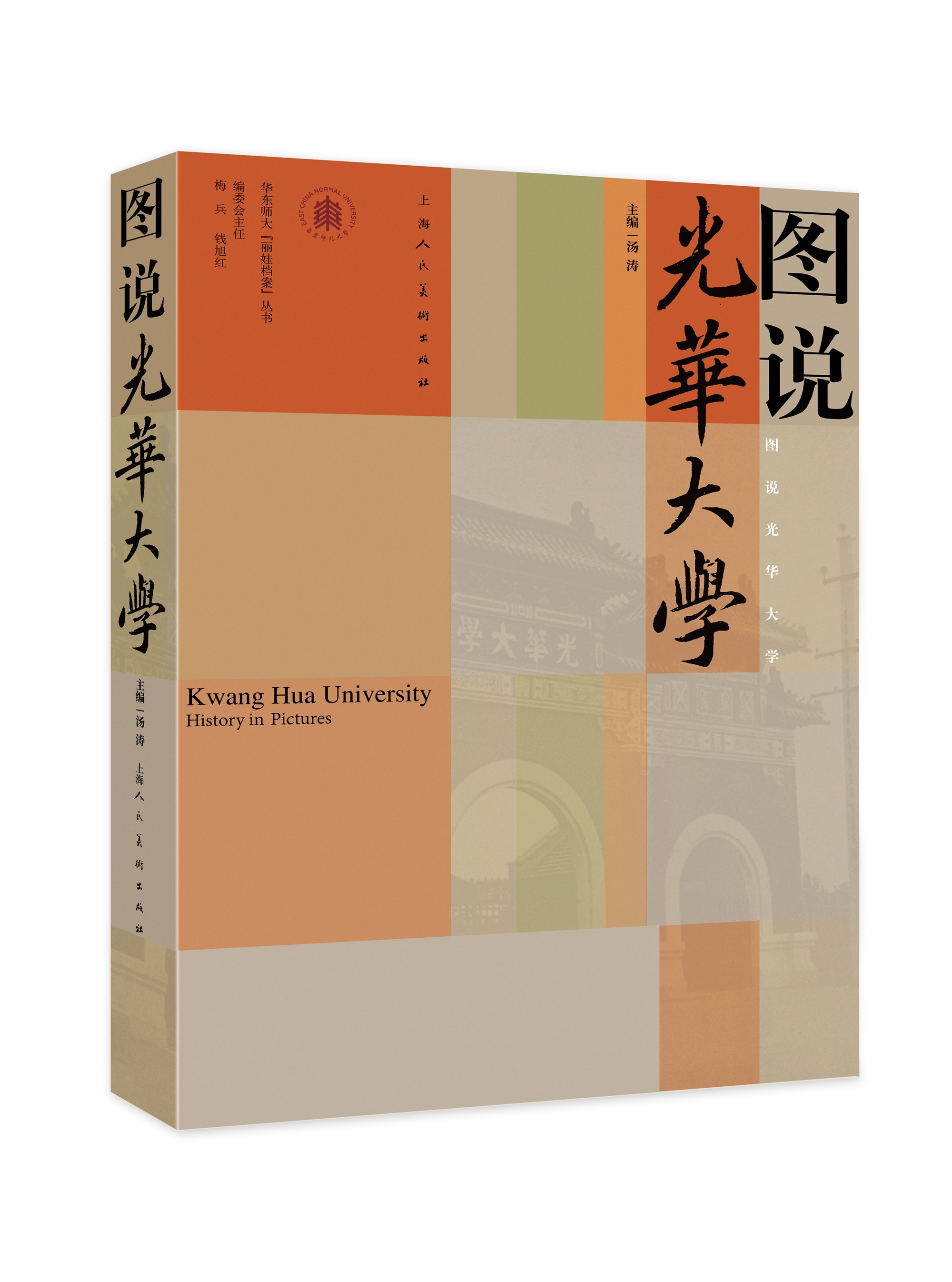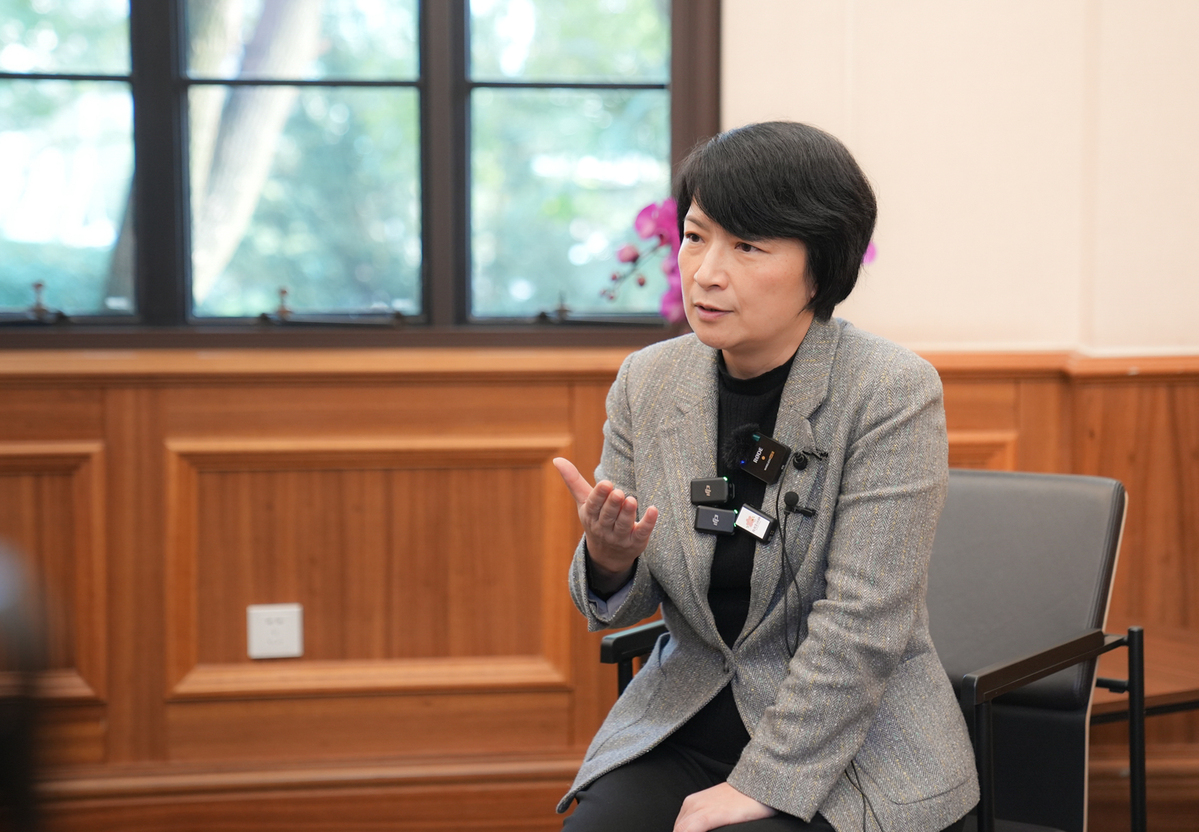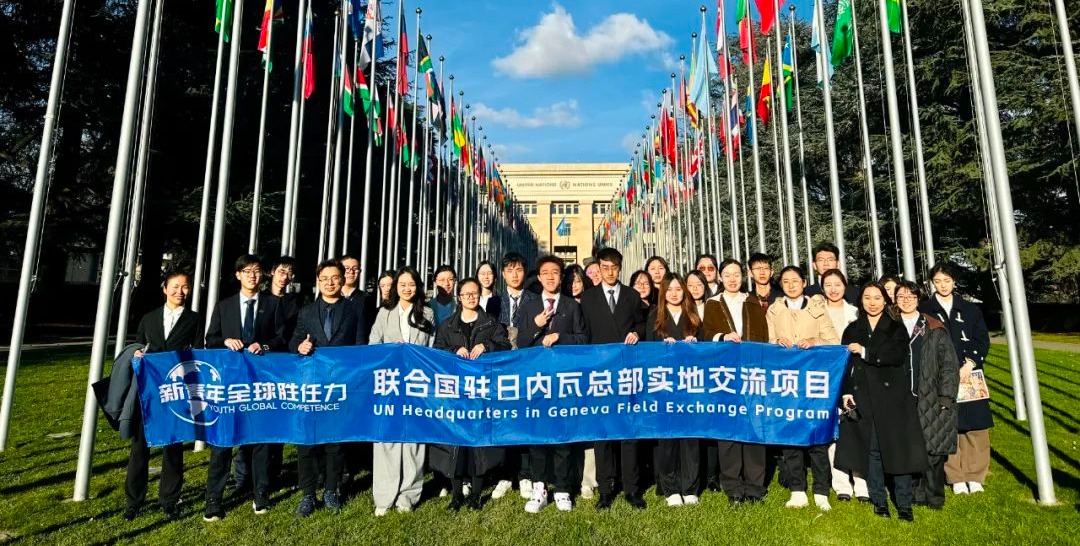An ECNU research team led by Liu Dongyan traveled to the Yellow Sea to carry out in-depth experiments through field investigations and indoor cultivation. A researcher with the State Key Lab of Estuarine and Coastal Research, Liu has made a series of important achievements in the physiological mechanism of the large-scale explosive proliferation of Ulva prolifera in the Yellow Sea. She also studied the influence of human activities on the distribution pattern of PAHs (polynuclear aromatic hydrocarbons) in China's intertidal zones.
On the voyage, the ECNU research team set out to understand the unknown physiological mechanism of the annual large-scale outbreak of Yellow Sea Ulva prolifera. One major research finding was the discovery of the large-scale explosive proliferation of Yellow Sea Ulva prolifera’s physiological mechanism.
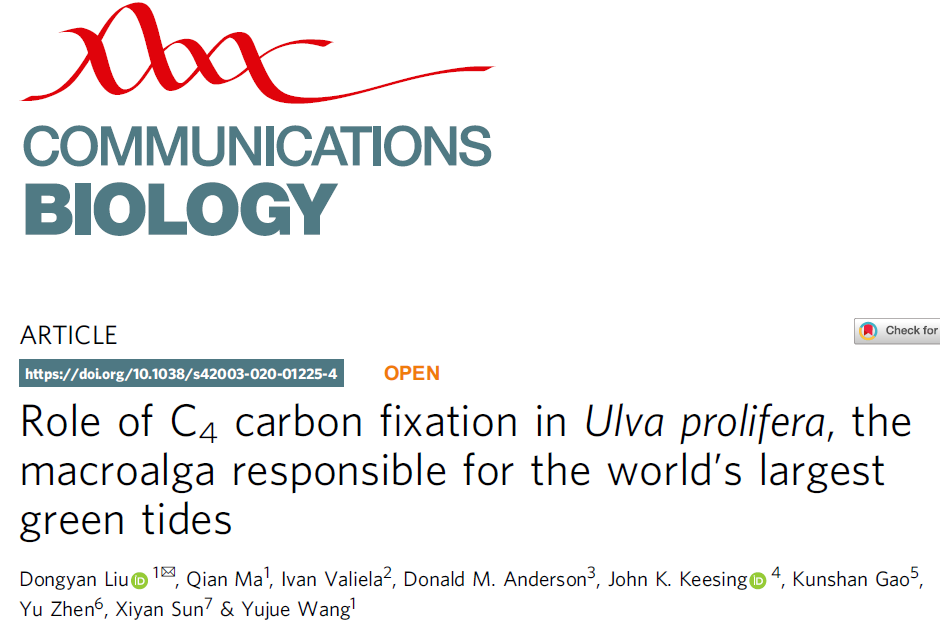

The results were published on September 7 in an article titled Role of C4 carbon fixation in Ulva prolifera, the macroalga responsible for the world’s largest green tides in Communications Biology. Liu Dongyan is both its first author and corresponding author.
Another finding of the ECNU research team is how human activities has affected the distribution pattern of PAHs in China's intertidal zones. To determine the impact of human activities on the distribution pattern of PAHs in estuarine mudflats, the researchers collected sediments samples from mudflats in China's 13 estuaries during both dry and rainy seasons.

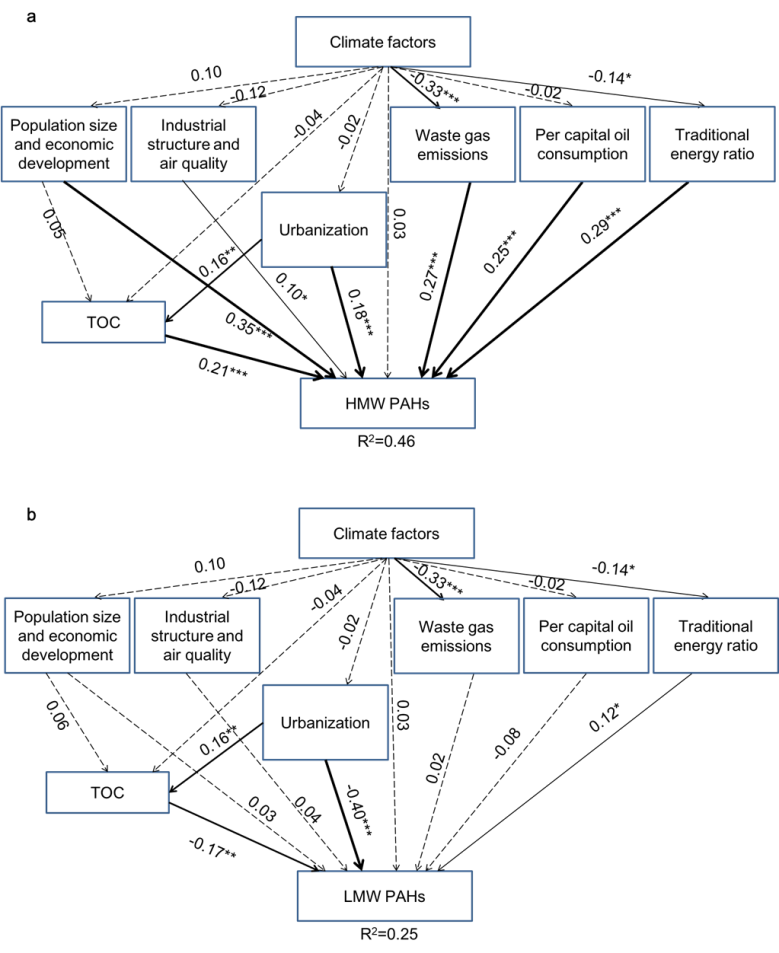
The finding was co-contributed by Liu Dongyan and Prof. Wang Dongqi with ECNU School of Geographic Sciences, Yantai Institute of Coastal Zone Research under the Chinese Academy of Sciences, and Research Center for Ecological Environment under the Chinese Academy of Sciences. Assigned by the Ministry of Science and Technology, this study is important to the investigation of the background and quality of typical intertidal sediments in China and to the compilation of an atlas for marine ecologists and geographers. The finding has been published in Nature Sustainability.
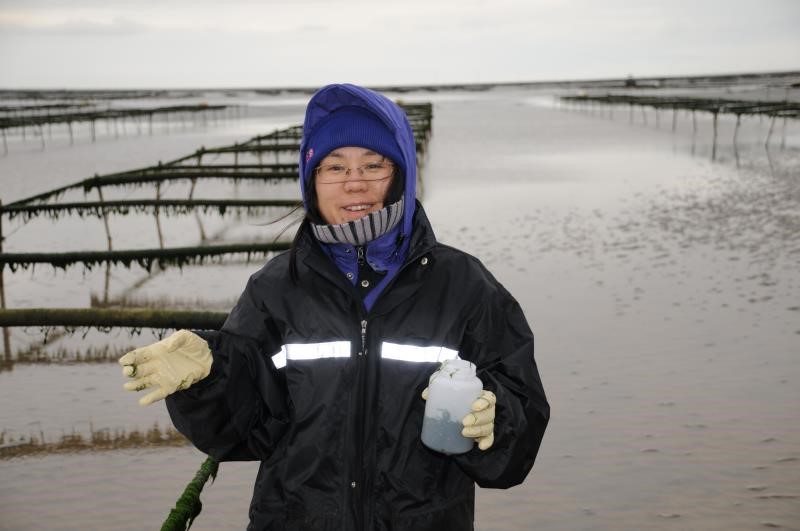
Liu Duoyan is a researcher with the State Key Lab of Estuarine and Coastal Research.
Liu has been devoted to the research on marine algae ecology, specializing in the environment-driven evolution mechanism of offshore algae under the influence of climate change and human activities. She has headed a multitude of national projects and won funding from such talent programs as the 100 Talents Program and from the interdisciplinary innovation team under the Chinese Academy of Sciences. Liu also won the 2018 Marine Science and Technology Special Award for her participation in a research project named “The Occurrence Mechanism of the Large-scale Ulva Prolifera Green Tide in the Yellow Sea. She has published 192 research papers in mainstream national and international journals so far, including Nature Sustainability, Communications Biology, Progress in Oceanography, Global Ecology and Biogeography, Environmental Oceanography, and Paleoceanography and Paleoclimatology, and has been cited more than 4,500 times.
Source: State Key Lab of Estuarine and Coastal Research
Copywriter: Philip Nash
Editor: Zhang Linlan
